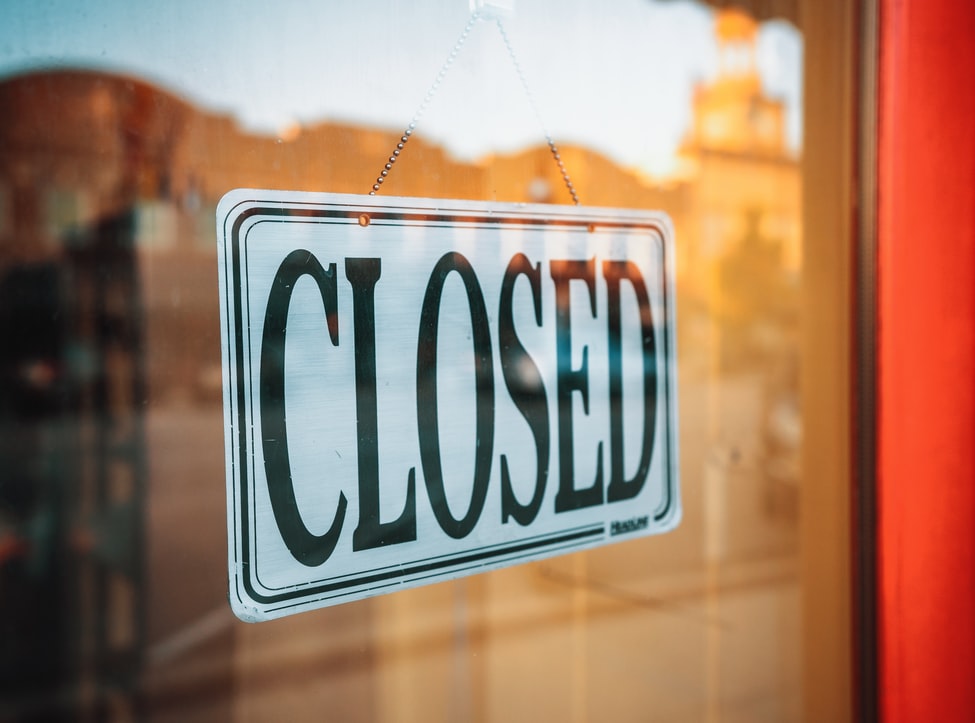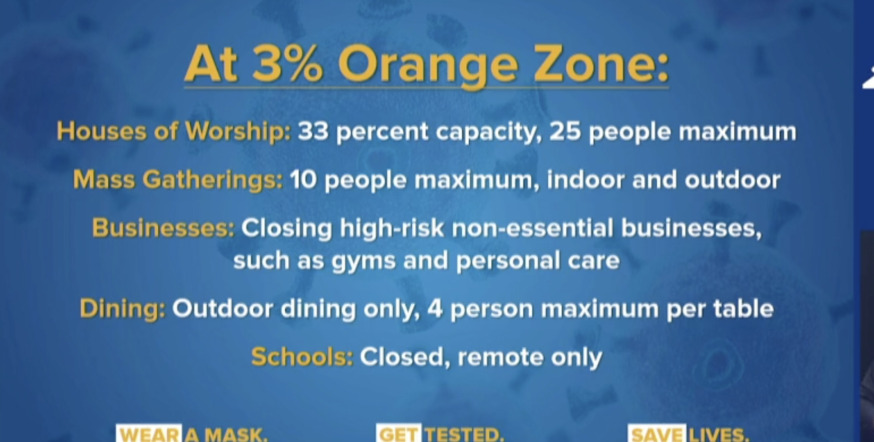
(Stock Unsplash)
Nov. 19, 2020 By Allie Griffin
Indoor dining will likely end and gyms will likely close in the next week or two as New York City looks to combat a second wave of the coronavirus, Mayor Bill de Blasio said Thursday morning.
The closures will come if New York City enters a state-mandated “orange zone,” which would go into effect if the city breaches a seven-day positivity rate of 3 percent as determined by the state.
De Blasio and Governor Andrew Cuomo have both warned that the city is close to hitting that benchmark.
“The governor made clear yesterday that it’s just a matter of time before indoor dining will close,” de Blasio said, adding that he spoke at length with Cuomo yesterday.
De Blasio said it’s not a matter of ‘if’ the city will enter an orange zone, but ‘when.’
“It’s not ‘if,’ it’s ‘when’,” he said. “By any normal count — just looking at the state’s own number system — we’re talking a week or two before we’re in that orange zone status. I’m sorry to say that, but that’s the blunt truth.”
New York City will enter an orange zone if the seven-day positive rate reaches 3 percent by state metrics — which differ from city metrics.
Cuomo said the city was at a seven-day positivity rate of 2.5 percent during a press conference yesterday.
Orange zone restrictions — the midrange level among the state’s designated red, orange and yellow zones — mandate the closure of indoor dining and high-risk nonessential businesses like gyms and personal care services.
Houses of worship in orange zones are also capped at a third of their capacity and schools are closed — although de Blasio has already closed public schools due to the city metrics for the positivity rate hitting 3 percent.
“Those restrictions are coming,” the mayor warned. “It’s just a matter of time. It’s very likely going to be in the next week or two.”

(NY State presentation via Gov. Cuomo press conference)





